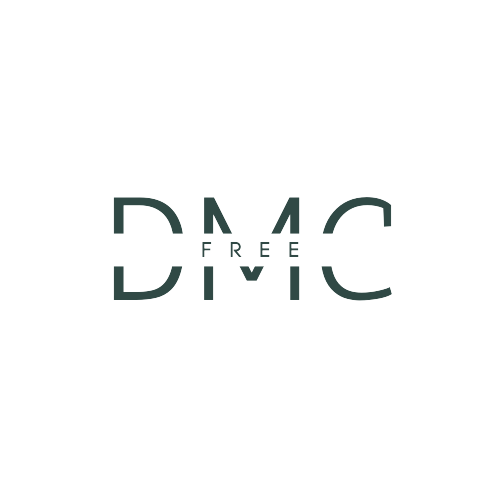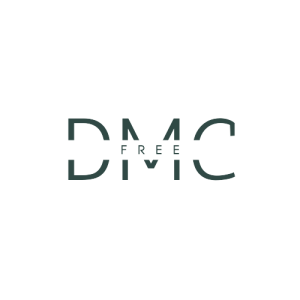
Defining Goals and Objectives
In today’s digital landscape, content reigns supreme. However, simply providing material is insufficient. A plan is required for success. A content marketing roadmap provides a clear and comprehensive picture of your content strategy, detailing your content strategy’s goals, efforts, and timetables for attaining them.
- Clearly articulate the desired outcomes of your content marketing initiatives.
- Align content marketing goals with overall marketing and business objectives.
- Establish specific, measurable, achievable, relevant, and time-bound (SMART) goals.
Table of Contents
Understanding Your Target Audience
- Conduct thorough research to gain insights into your target audience’s demographics, psychographics, and behaviours.
- Identify their needs, interests, and pain points.
- Develop personas to represent different segments of your target audience.
Developing Content Pillars
- Define the broad topics that will serve as the foundation of your content marketing strategy.
- Ensure that content pillars are aligned with your target audience’s needs and interests.
- Provide a clear focus for content creation efforts.
Determining Content Types
- Select the types of content that are most likely to resonate with your target audience.
- Consider factors such as their preferred channels for consuming content and their level of engagement with different formats.
- Leverage a mix of content types to keep your audience engaged.
Creating a Content Calendar
- Develop a plan for publishing new content on a regular basis.
- Ensure that your content calendar is aligned with your content pillars and goals.
- Factor in deadlines, holidays, and other events that may impact your content publishing schedule.
Establishing Metrics
- Define the key metrics that you will use to measure the success of your content marketing efforts.
- Consider website traffic, social media engagement, lead generation, and brand awareness.
- Track your progress over time to identify areas for improvement.

Examples of Content Marketing Roadmaps
Goal 1: Increase website traffic by 25%
| Aspect | Value |
|---|---|
| Target Audience | Small business owners |
| Content Pillars | Business tips, marketing advice, industry news |
| Content Types | Blog posts, infographics, e-books |
| Content Calendar | 2 new blog posts per week, 1 infographic per month, 1 e-book per quarter |
| Metrics | Website traffic, social media engagement, lead generation |
Goal 2: Generate 100 new leads per month
| Aspect | Value |
|---|---|
| Target Audience | Software developers |
| Content Pillars | Coding tutorials, product reviews, industry trends |
| Content Types | Blog posts, webinars, case studies |
| Content Calendar | 3 new blog posts per week, 1 webinar per month, 1 case study per quarter |
| Metrics | Lead generation, website traffic, webinar attendance |
Goal 3: Boost brand awareness among millennials
| Aspect | Value |
|---|---|
| Target Audience | Millennials |
| Content Pillars | Lifestyle, entertainment, social justice |
| Content Types | Blog posts, videos, social media posts |
| Content Calendar | 5 new blog posts per week, 2 videos per month, daily social media posts |
| Metrics | Brand awareness, social media engagement, website traffic |
Conclusion
A well-crafted content marketing roadmap is essential for any organization that wants to succeed with its content marketing efforts. By creating a roadmap, you can ensure that your content is aligned with your overall marketing goals, that your team is on the same page, and that you can measure your content’s success.
Additional Tips for Creating a Content Marketing Roadmap
- Be flexible. Your content marketing roadmap should be a living document that can be adapted.
- Keep it simple. A roadmap should be easy to understand and follow.
- Get feedback from others. Share your roadmap with key stakeholders and get their feedback.
- Review and update your roadmap regularly. As your content marketing efforts evolve, you must update your roadmap to reflect changes in your goals, objectives, and strategies.
For more information on creating a content marketing roadmap, please visit the Content Marketing Institute’s website: Content Marketing Institute.
For More Information
FAQ’s
1. What are the four main components of content marketing?
- Strategy: Defining your goals, target audience, and content pillars.
- Creation: Develop high-quality, engaging content that resonates with your audience.
- Distribution: Promoting your content through various channels to reach a wider audience.
- Measurement: Tracking the performance of your content and making necessary adjustments.
2. How do you create a content roadmap?
- Define your goals and objectives. What do you hope to achieve with your content marketing?
- Understand your target audience. Who are you creating content for? What are their needs and interests?
- Develop content pillars. What are the broad topics that you will focus on?
- Determine content types. What types of content will you create? (e.g., blog posts, infographics, videos, etc.)
- Create a content calendar. When will you publish new content?
- Establish metrics. How will you measure the success of your content?
3. What are the components of a content marketing plan?
- Executive summary: A brief overview of your content marketing plan.
- Situational analysis: An assessment of your current content marketing efforts.
- Goals and objectives: A clear statement of what you hope to achieve with your content marketing.
- Target audience: A detailed description of your ideal customer.
- Content pillars: The broad topics that you will focus on.
- Content calendar: A schedule for publishing new content.
- Promotion plan: A strategy for promoting your content.
- Measurement plan: A method for tracking the success of your content.
4. What are the three stages of content marketing?
- Attraction: Creating and distributing content that attracts and engages potential customers.
- Engagement: Nurturing leads and building relationships with potential customers through ongoing content engagement.
- Conversion: Converting leads into customers through persuasive content.


